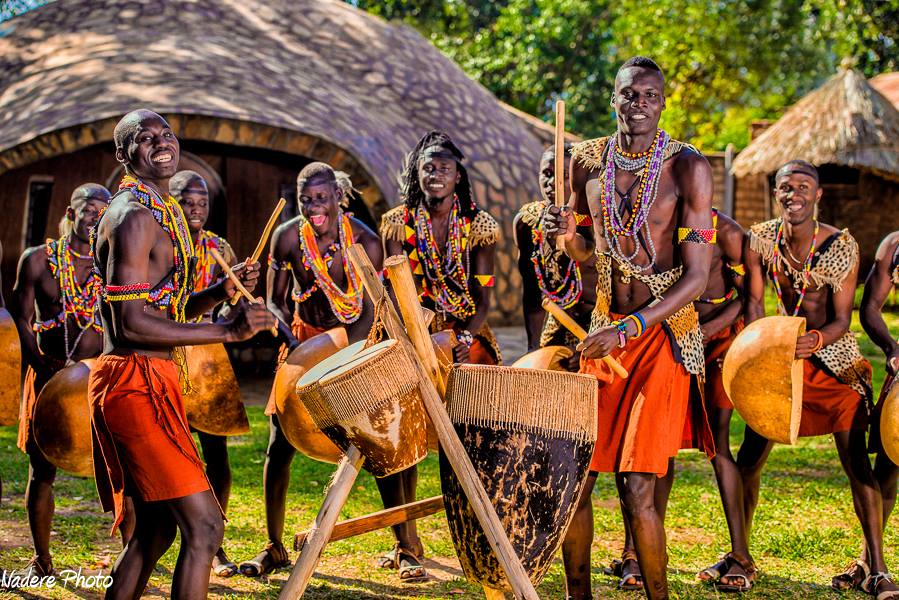The Karamoja Cultural Festival 2024 is set to play a transformative role in Uganda’s tourism sector by spotlighting cultural tourism as a crucial driver of socio-economic development.
Scheduled from September 2nd to 7th, 2024, this 8th edition of the festival, organized by the Ministry of Tourism, Wildlife, and Antiquities (MTWA) in collaboration with key partners, promises to offer a vibrant showcase of Uganda’s diverse cultural heritage.
Held under the theme “Celebrating Cultural Diversity, Peaceful Coexistence, and Embracing Tourism for Sustainable Development,” the festival aims to elevate Uganda’s cultural assets, positioning the country as a multifaceted destination that extends beyond its renowned wildlife and stunning landscapes.
This event aligns with the broader vision of diversifying Uganda’s tourism offerings, ensuring that cultural tourism becomes a central pillar in the nation’s development strategy.
Lilly Ajarova, CEO of the Uganda Tourism Board (UTB), emphasized this vision during a presentation to media editors at Queen Elizabeth National Park in June 2024.
Ajarova highlighted Uganda’s global reputation not only for its natural beauty and wildlife but also for the warmth and hospitality of its people, deeply rooted in their cultural heritage.
“According to UN reports, we are the happiest country in Africa and, globally, one of the friendliest. By developing our cultural tourism with adequate resources, we can reduce the pressure on wildlife and diversify our tourism offerings,” she remarked.
The festival will be held at Napeikori grounds, a location just 4 kilometers from Kidepo Valley National Park, known for its breathtaking scenery and cultural significance.
The event will bring together various ethnic groups native to the semi-arid Karamoja subregion, which shares borders with Kenya to the east and South Sudan to the north.
Among the groups featured are the Turkana from North-Western Kenya, the Jie from Kotido district, the Dodoth in Kaabong, and the Iteso, collectively known as the Nilotes of the Plains. These communities are renowned for their enduring cultural practices, which have withstood the test of time despite the encroachment of modernity.
The Karimojong people, in particular, remain deeply committed to preserving their cultural heritage, with their traditional semi-nomadic lifestyle closely linked to the rhythms of the land.
During the dry season, from October to March, the Karimojong migrate in search of pasture and water for their livestock, residing in large communal settlements known as “Manyattas.” Their ancient practices, such as extracting blood mixed with milk from cows for sustenance during scarce times, are a testament to their resilience and cultural identity, though these practices are less common today.
The Karamoja Cultural Festival will provide a platform for these communities to express their rich cultural heritage, from their distinctive dress and hairstyles to their pastoral lifestyle and profound respect for elders.
This festival not only showcases the region’s cultural diversity but also serves as a vital tool for promoting tourism in the area. By focusing on cultural tourism, Uganda aims to attract a broader spectrum of international visitors, particularly those with a keen interest in cultural exploration.
This strategic shift towards cultural tourism is expected to diversify Uganda’s revenue streams, contributing significantly to the nation’s economic growth. Ramathan Ggobi, the Permanent Secretary and Secretary to the Treasury, underscored the importance of such initiatives in promoting sustainable development during his address at the Second National Microfinance and Savings Group Conference 2024.




